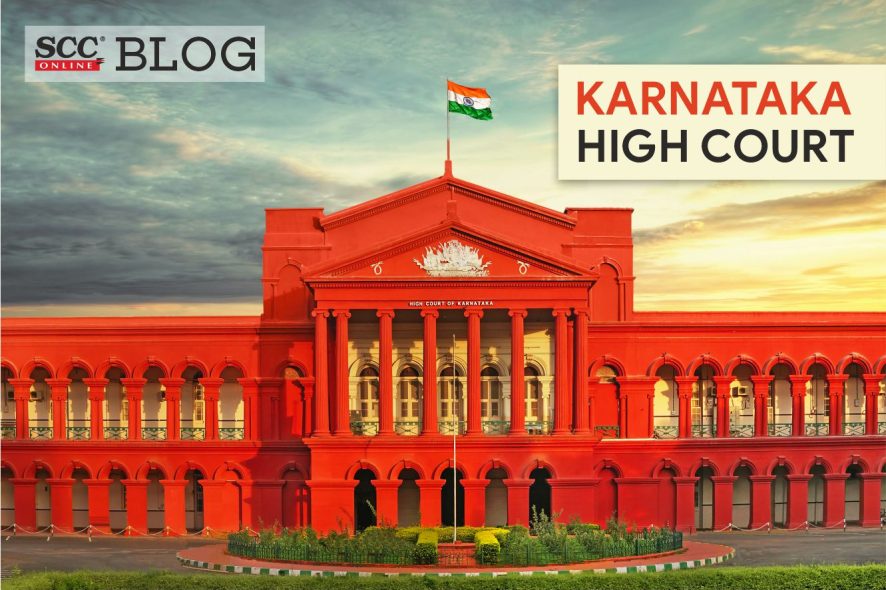Karnataka High Court: While deciding the instant application seeking regular bail for offences under the provisions of Prohibition of Child Marriage Act, 2006* and Protection of Children from Sexual Offences Act, 2012 (POCSO), the Bench of Rajendra Badamikar, J., held that POCSO Act is a special legislation, and it overrides any personal law.
Facts and Contentions: The accused/petitioner is the husband of a 17-year-old Muslim girl, who came to know about her pregnancy when she visited a Primary Health Centre for a check-up. A complaint was thus lodged against the accused/petitioner by the Sub-Inspector of R.K. Puram Police Station, based on information furnished by the Medical Officer who examined the victim-wife. It was alleged that the victim’s marriage to the petitioner was solemnized when she was still a minor. Sexual intercourse with her husband resulted in her pregnancy.
The complaint was filed under Sections 9 and 10 of the Prohibition of Child Marriage Act and Sections 4 and 6 of the POCSO Act. The petitioner’s application for bail was rejected by the Sessions Judge, therefore, he approached the High Court in the instant petition.
The petitioner’s counsel argued that under Muslim Law, the consideration for marriage is puberty and the normal age of puberty is treated as 15 years; hence, it was contended that no offence was committed under the provisions of POCSO Act and Prohibition of Child Marriage Act, 2006.
-
Decision of the Court: Perusing the facts and contentions of the case, the Court held as follows: The Court held that POCSO, being a special law, will override any personal law and the age of consent for sexual activity is 18 years.
-
However, the Court noted that the victim-wife is 17 years old and capable of understanding things. Even though she asserted that the marriage with the accused/petitioner was solemnized without her consent, there is no evidence showing that the victim raised any objections. Hence, there was prima-facie evidence of the victim being a consenting party and that there is no dispute regarding the marriage between the accused/petitioner and the victim-wife. The Court also took into consideration that the victim now being pregnant required care and the petitioner if enlarged on bail could take care of herUnder these circumstances the Court granted bail with strict conditions.
[Aleem Pasha v. State of Karnataka, 2022 SCC OnLine Kar 1588, decided on 12-10-2022]
Advocates who appeared in this case :
Basavanna M.D., Advocate, for the Petitioner;
K. Nageshwarappa, HCGP, for the Respondent.
*Editorial Note: The text of the High Court’s Judgment mentions “Child Marriage Restraint Act”, however, the Statute involved in the petition is Prohibition of Child Marriage Act, 2006. The Child Marriage Restraint Act, 1929 has been repealed.
**Sucheta Sarkar, Editorial Assistant has prepared this brief.






